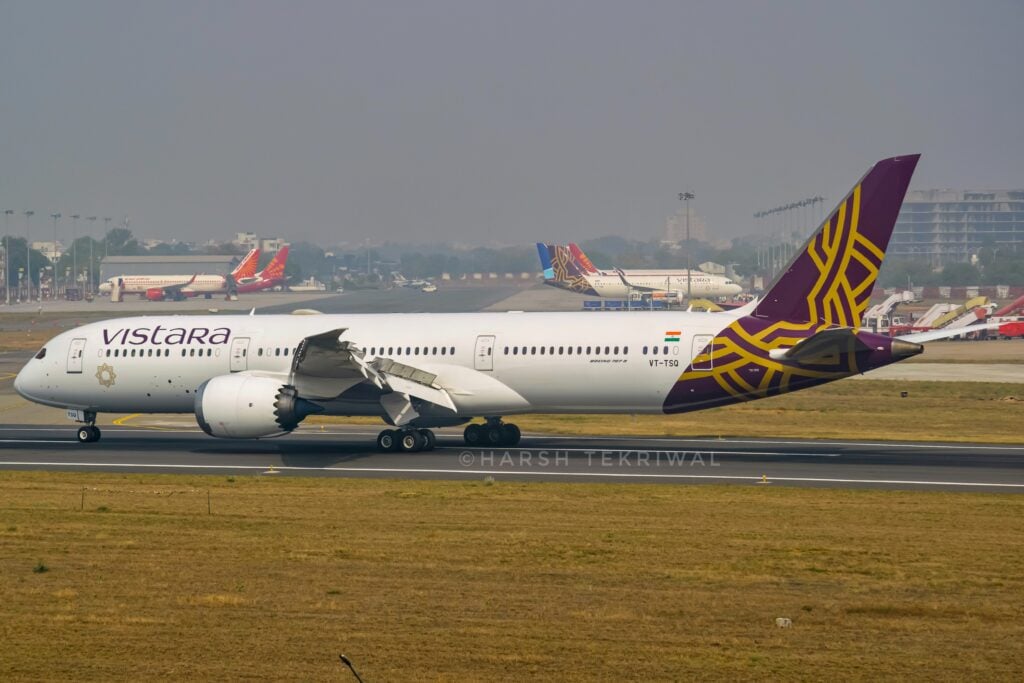On July 31, 2025, about 40 flights were cancelled across Canada 🇨🇦, affecting major airports like Toronto Pearson, Vancouver International (YVR), and Billy Bishop. Airlines impacted include Lufthansa, Air Canada, Delta, United, Qantas, Alaska, and others. These cancellations come during a summer marked by ongoing travel disruptions, leaving many travelers stranded or forced to change plans at the last minute.
The main reasons for these cancellations are equipment failures, severe weather, and ongoing labor tensions. For example, Vancouver International Airport faced major problems on May 30, 2025, when unexpected equipment issues during runway maintenance led to 67 arrival delays, 10 arrival cancellations, 24 departure delays, and 9 departure cancellations. Airlines like Air Canada and WestJet responded by offering free rebooking options, while others such as Porter and Flair advised passengers to check their flight status closely.

June 2025 saw a 32% increase in North American flight cancellations compared to May, mostly due to severe thunderstorms and flash flooding. The most recent wave of cancellations on July 31 included both domestic and international carriers, with disruptions reported at Toronto Pearson, Vancouver, and Billy Bishop airports. According to analysis by VisaVerge.com, these problems are part of a larger trend of operational challenges in Canadian air travel.
Air Canada and other airlines continue to update their travel outlooks daily, urging passengers to check their flight status before heading to the airport. Many airlines are offering waivers or free changes during these disruptions, but not all carriers provide the same level of support. Real-time tracking platforms like FlightAware confirm higher cancellation rates at major Canadian airports on July 31, 2025. Thousands of Air Canada flights remain at risk due to a possible strike, which could cause even more travel problems in the coming days.
Recent policy changes have also affected travel. Air Canada announced it will stop five U.S. routes for the Winter 2025–26 season, citing lower demand. Airlines have reduced capacity between Canada 🇨🇦 and the United States 🇺🇸 by 3.5% for July and August 2025, removing over 320,000 seats through October. Forward bookings for Canada–U.S. routes are down by over 70% compared to last year, showing how uncertain travelers feel.
Travelers now face more uncertainty, with frequent last-minute cancellations and delays, especially at busy airports like Toronto and Vancouver. Flexible rebooking and waiver policies are in place for many affected passengers, but the level of help depends on the airline. If the Air Canada strike happens, it could disrupt thousands of flights and global travel connections.
For those affected, here are some steps to take:
– Check your flight status online or through airline apps before leaving for the airport.
– Contact your airline directly (for Air Canada, call 1-888-422-7533) to ask about rebooking or waivers.
– Monitor official airport and airline updates for real-time information.
– Consider other travel options if cancellations continue or a strike is announced.
For the latest official updates, visit the Government of Canada’s travel advice and advisories. Travelers should stay alert and prepare for ongoing disruptions in Canadian air travel through the rest of 2025.
Learn Today
Flight Cancellation → The official stopping of a scheduled air service before departure.
Runway Maintenance → Technical work performed on airport runways to ensure operational safety and compliance.
Labor Tensions → Workforce disputes or negotiations resulting in operational challenges or strikes.
Rebooking → The process of changing a passenger’s flight to a different time or date.
Capacity Reduction → A decrease in the number of available seats or flights on particular routes.
This Article in a Nutshell
July 31, 2025, saw 40 flight cancellations in Canada amid severe weather, equipment issues, and labor tensions disrupting major airports and airlines like Air Canada.
— By VisaVerge.com













